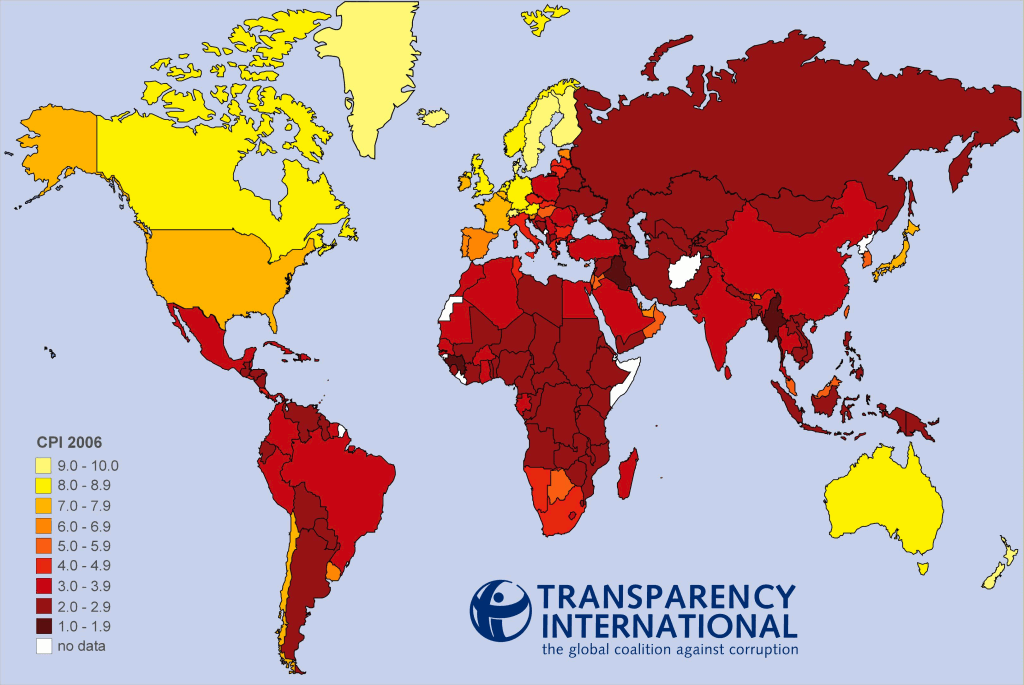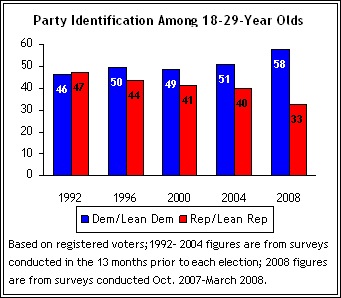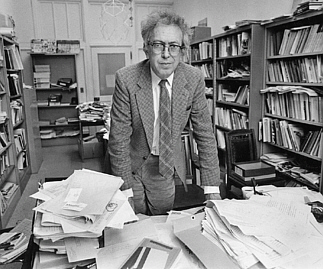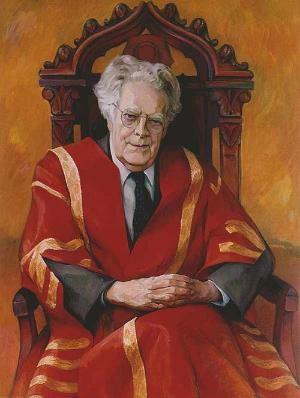We are glad to announce that the Centre for Comparative Literature has been saved. The proposed “School of Languages and Literatures at the University of Toronto” is no longer part of the university’s academic plan. An official announcement will be made later in the week. When this information becomes available, we will post it here.
Monthly Archives: October 2010
Quote of the Day: The Imagination and the Electoral Process
From “The Vocation of Eloquence” in The Educated Imagination:
“During an election campaign, politicians project various images on us and make speeches which we know to be at best a carefully selected part of the truth. We tend to look down on the person who responds to such appeals emotionally: we feel he’s behaving childishly and like an irresponsible citizen if he allows himself to be stampeded . . . What the responsible citizen uses is his imagination, not believing anybody literally, but voting for the man or party that corresponds most closely, or least remotely, to his vision of the society he wants to live in. The fundamental job of the imagination in ordinary life, then, is to produce, out of the society we live in, a vision of the society we want to live in.” (85-6)
Early Voting: What Does It Mean?
httpv://www.youtube.com/watch?v=1aBaX9GPSaQ
Easily the funniest Simpson’s bit in more than a decade: Homer tries to vote for Obama on a rigged voting machine. (Click on the image above and hit the YouTube link.)
Michael P. McDonald has posted the numbers for early voting in the midterms. It’s a complex situation with lots of variables, but the Democrats seem to enjoy the edge for those opting to vote early, which may be a good sign for overall voter turnout. I have seen suggestions that this phenomenon may be the Obama effect: his campaigning has been strong enough that he’s put people in the mood to vote early; particularly because, as we know, long lines seem always to occur exclusively in Democratic districts on election day, and that people of color are more susceptible to some form of harassment by local and state police when they try to get to the polls. As McDonald points out, this does not necessarily mean that Democrats will prevail on election day, but that it might not be the bloodletting that has Republicans smacking their lips.
A sample from McDonald’s article:
We appear to have entered a new era of early voting where Democrats are the ones more likely to vote early. The 2010 early voting numbers are better for Democrats than 2006 but are better for Republicans than 2008. Not surprisingly, Democrats are comparing the current numbers to 2006 while Republicans are comparing to 2008. We are likely somewhere in-between 2006 and 2008, but we do not know by how much, which leaves ample room for both parties to spin.
If voting behavior changed in 2010, a hanging question is why? Why would Democrats now be of the type more likely to vote early? I offer two plausible explanations. First, that Democrats learned about early voting options in their state and like using it. This may be particularly true for states that offer in-person early voting at special polling places, since there is plenty of evidence that this is the favored voting method for Democrats. Second, that Democrats developed early voter mobilization organizations in 2008 that they are carrying forward to 2010. I suspect both explanations contribute to the story.
Chart of the Day: Transparency International’s Corruption Index, 2010
A bigger, interactive version of the chart, as well as rankings, here. Denmark, New Zealand and Singapore are at the top of the clean list. Canada’s at number six. The U.S. is at number 22, just edging out Uruguay, France and Estonia.
Erasmus
Today is Dutch humanist and theologian Erasmus‘ birthday (1466-1536).
Frye in The Great Code on Erasmus and the always troublesome interpretation of the Gospel of John’s “In the beginning was the Word”:
Erasmus, in the Latin translation appended to his edition of the Greek New Testament, renders “In the beginning was the Word” as “In principio erat sermo.” This is purely a metonymic translation: in the beginning, Erasmus assumes, was the infinite mind, with its interlocking thoughts and ideas out of which the creative words emerged. Erasmus is clearly more influenced than [St.] Jerome by the later Greek history of the word [i.e. logos]. It would be cheap parody to say that Erasmus really means “In the beginning was continuous prose,” but the link between his “sermo” and the development of continuous prose is there nonetheless. (18)
GOPocalypse Now?
The conventional wisdom, now shrieking around the globe like a Category Five hurricane, is that on November 2nd the Republicans will sweep to victory on a tsunami of voter discontent: a 40, 50, 60 seat gain in the House alone! Pick a number. Any number. They’ve all been cited.
But there are indications to the contrary that seem to be pointedly overlooked — which is a recognizable pattern of behavior once the mainstream media has latched onto a narrative it can credibly live with.
First, Obama’s approval ratings are up sharply as he’s worked the campaign trail, and are in fact 12 points higher than Reagan’s were at the same point in his presidency.
Second, there is a new Newsweek poll suggesting that the Democrats are ahead on a generic ballot involving likely voters. Many are dismissing the poll as an outlier, and perhaps they’re right to, but here’s the rub: of all the recent polls that feed the frenzy of foregone conclusion, only the Newsweek poll includes a sample of cell phone-only users.
It’s no secret what the significance of this factor is, even though it is largely ignored. Those who use cell phones exclusively tend to be young, urban and liberal. If the Newsweek poll turns out to be in play, then it may help to expose a deeply entrenched polling bias that the purveyors of conventional wisdom seem unwilling to address in any consistent way. It’s a kind of low-grade, passive-aggressive voter suppression of a key demographic group, which is systematically excluded from the polling data because enough people have decided it doesn’t really count. Here’s hoping these young voters overturn the conventional wisdom and reshape it into something that resembles the actual will of the people and not just the wildly careening spin of corporate interests.
Georges Jacques Danton
httpv://www.youtube.com/watch?v=S20eTvkahrQ
The execution of Danton from the 1983 biopic. French with English subtitles
Today is the birthday of Danton, French revolutionary leader of the Jacobins (1759-1794). As with many in the revolutionary leadership, it did not end well: Danton went the guillotine in 1794, saying to his executioner, “Don’t forget to show my head to the people. It’s well worth seeing.”
Frye citing Edmund Burke on the Jacobins and the Terror in A Study of English Romanticism:
Coleridge was more belligerently Christian in insisting that the primary imagination was an existence repeating the infinite “I am” of God, and in feeling that every argument he advanced on the point was one in the eye for atheism, scepticism, and “psilanthropism.” In Burke we see, much more clearly than in Coleridge, that this new sense of [romantic] identity does have a real enemy. Burke identifies the enemy with the Jacobinism of the French Revolution. Burke’s view of the French Revolution itself, however, is not very rewarding: what is important is his prophetic vision of the kind of society where the sense of the continuity of tradition is annihilated, and where the general will of society is unconditioned by any reference to a goal beyond the immediate objects of those in power. (CW 17, 203-4)
Frye Alert: “Saul Bellow vs Hugh Kenner”
Hugh Kenner
Jeet Heer at “sans everything” has a nifty little post on the antagonism Saul Bellow partisans continue to display toward Hugh Kenner. Frye gets a mention as Kenner’s “mentor.”
What in God’s Name is Wrong with the New York Times, Cont’d
The New York Times, in the face of the latest Wikileaks document release, still won’t use the word “torture” when it is committed by Americans!! Just what is the problem here?
Please feel free to contact the Public Editor here.
BoingBoing‘s “New York Times Torture Euphemism Generator” here.
Quote of the Day: “How good a scholar is he?”
Frye in his robes as Chancellor of Victoria University.
Here’s a quote from Frye I hope academic administrators everywhere might think about.
“When anyone is considered for a deanship or a presidency, one of the first questions asked about him is, ‘How good a scholar is he?’ It sounds absurd to associate a man’s administrative ability with his specialized knowledge of a scholarly discipline, but the question is relevant none the less. If he has never been a scholar, he doesn’t know what a university is or what it stands for, and if he doesn’t know that, God help the university that gives him a responsible job.” (CW 7, 314)







